In the Ge-luk-pa tradition of Tibetan Buddhism, training in analytical reasoning is considered essential not only for the academic path, but because it enhances the pursuit of meditation. The Ge-luk-pa system of logic (the path of reasoning) produces a mind that is trained, powerful, flexible, and able to approach an idea from numerous points of view. When it is applied in meditation on emptiness, it is an essential tool for self-transformation. Tibetan Logic is based on an introductory logic manual by Pur-bu-jok Jam-ba-gya-tso (1825-1901) widely used in Ge-luk-pa monastic universities. Rogers takes up each of the manual's topics in turn, providing explanation and commentary, and investigates the role of reasoning in the Ge-luk-pa system of education, highlighting conflicting points of view in different oral traditions as they arise. A complete translation of Pur-bu-jok's text, a glossary of technical terms, and a detailed table of contents are included.
Within Tibetan Buddhism has arisen a system of education and a curriculum designed to enable the student to develop a path of reasoning-a consciousness trained in reasoned analysis until capable of understanding first the meaning of religious texts and eventually the true nature of reality. An important aspect of Tibetan logic is that it is used to develop new and valid knowledge about oneself and the world. Included here is a translation of a text by Pur-bu-jok, the Thirteenth Dalai Lama's philosophy tutor on the topic of Signs and Reasonings-a manual introducing beginners to the principles, vocabulary, and concepts of the system of logic. The purpose of Pur-bu-jok's text is to lay a foundation for understanding how valid cognition is acquired. What is validity? How is valid knowledge acquired? What can be known? Further, what knowledge can be acquired through reasoning that will lead one to spiritual development and even to buddhahood? Katherine Rogers has enriched the translation with commentary by several eminent scholars of the Ge-luk-pa order, revealing a marvelous path that draws one into the heart of the Tibetan approach to knowledge and self-transformation. It is fundamental to Tibetan thought that true knowledge is practical, useful, and ultimately transforming and liberating. Such knowledge is far from obvious, but it can be attained through correct reasoning. Thus, logic is an important tool-a part of the spiritual path leading ultimately to complete self-transformation.
Hinweis: Dieser Artikel kann nur an eine deutsche Lieferadresse ausgeliefert werden.
Within Tibetan Buddhism has arisen a system of education and a curriculum designed to enable the student to develop a path of reasoning-a consciousness trained in reasoned analysis until capable of understanding first the meaning of religious texts and eventually the true nature of reality. An important aspect of Tibetan logic is that it is used to develop new and valid knowledge about oneself and the world. Included here is a translation of a text by Pur-bu-jok, the Thirteenth Dalai Lama's philosophy tutor on the topic of Signs and Reasonings-a manual introducing beginners to the principles, vocabulary, and concepts of the system of logic. The purpose of Pur-bu-jok's text is to lay a foundation for understanding how valid cognition is acquired. What is validity? How is valid knowledge acquired? What can be known? Further, what knowledge can be acquired through reasoning that will lead one to spiritual development and even to buddhahood? Katherine Rogers has enriched the translation with commentary by several eminent scholars of the Ge-luk-pa order, revealing a marvelous path that draws one into the heart of the Tibetan approach to knowledge and self-transformation. It is fundamental to Tibetan thought that true knowledge is practical, useful, and ultimately transforming and liberating. Such knowledge is far from obvious, but it can be attained through correct reasoning. Thus, logic is an important tool-a part of the spiritual path leading ultimately to complete self-transformation.
Hinweis: Dieser Artikel kann nur an eine deutsche Lieferadresse ausgeliefert werden.

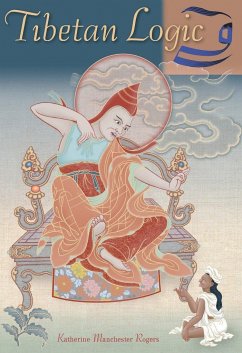
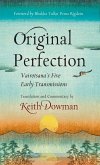

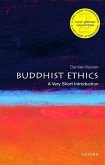
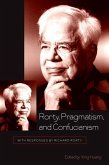

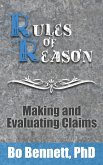
![Illustrations of Logic [microform] Illustrations of Logic [microform]](https://bilder.buecher.de/produkte/66/66126/66126429m.jpg)